
Reducing Test Anxiety
September 1, 2021 in Educate Yourself

One of the greatest causes of stress in adolescents is feeling like that they have to do well in school. A significant contributor to this, and what determines a good portion of grades, are tests. This also includes larger tests like AP exams and standardized tests like the ACTs and SATs.
If you find yourself having anxiety attacks or feel that anxiety symptoms heighten as exams approach, you’re not alone. Test anxiety is a real thing, described by the Anxiety and Depression Association of America as a subset of performance anxiety, or stage fright. It’s the feeling that comes when you feel like you have to do your very best at something because this is the only opportunity you have to show it, and you don’t get another chance. It’s knowing that this is the only activity you’ll be doing for an extended period of time, with little to no opportunities for a break or to take a moment to relax. It’s the fear of what other people may think of you if you don’t meet their expectations when you get your results back.
In short, test anxiety is not fun.
However, it’s something that people are starting to recognize. The ETS, the company behind all those frustrating standardized tests, has a publicly accessible guide explaining what test anxiety is and offers advice on how to healthily prepare for exams. The Princeton Review, one of the publishers of endless exam preparation books, also offers tips to help reduce test anxiety. It can feel like these sorts of tips can feel like they’re preaching to the choir, and are easier said than done. Positive thinking and deep breathing almost feel obvious, but sometimes, it’s difficult to do when you’re overwhelmed with not just learning the material, but the action of taking the exam too.

A study in England researched whether schools could do something to help reduce test anxiety while preparing for exams a few years ago. Here, they gave hundreds of students an electronically-based program through a CD they could use on their computers called Strategies to Tackle Exam Pressure and Stress (STEPS). STEPS was divided into six 30 to 40 minute sessions that the student could complete whenever they wanted. Each session focused on different ways of coping with test anxiety, with one session focusing on self-reflective exercises, to another showing videos of other students candidly talking about their own experiences with exams and how they manage their anxiety with it. Some teachers had the students work on the sessions during classes, while others could work on them at home.
The study didn’t specifically choose students who expressed that they experience test anxiety and delivered it to all sorts of students. This was done in order to see if the program could benefit anyone, regardless of stress level, as well as making sure that those who do experience test anxiety did not feel self-conscious for being the only ones using it. After they collected the results after the time period was over, the study found that those with a lower level of stress when it came to exams were less likely to finish the STEPS sessions, while those who experienced test anxiety were more likely to finish the entire thing. The latter group also showed a significant reduction in their worry and tension when it came to exams after completing the program.
These sorts of findings are important because it lets schools know that there is some sort of benefit in delivering methods for students to reduce their test anxiety, and it’s something that they can do on their own accord and don’t have to lose class time for. It’s also important to recognize that test anxiety does in fact exist, and reducing it can reassure students that doing well on exams is more than likely.
Do you experience test anxiety? Do you think that it’s common in a lot of students? How do you think schools and teachers can address test anxiety and reduce it?


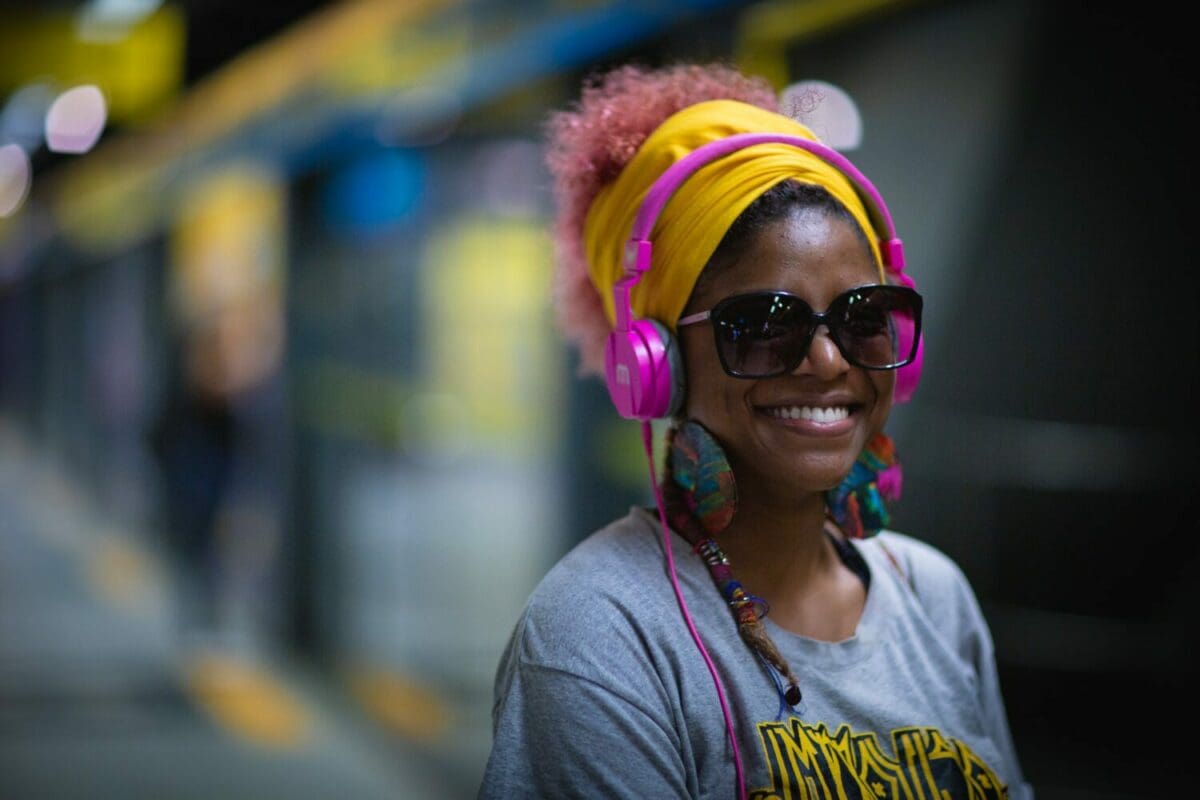
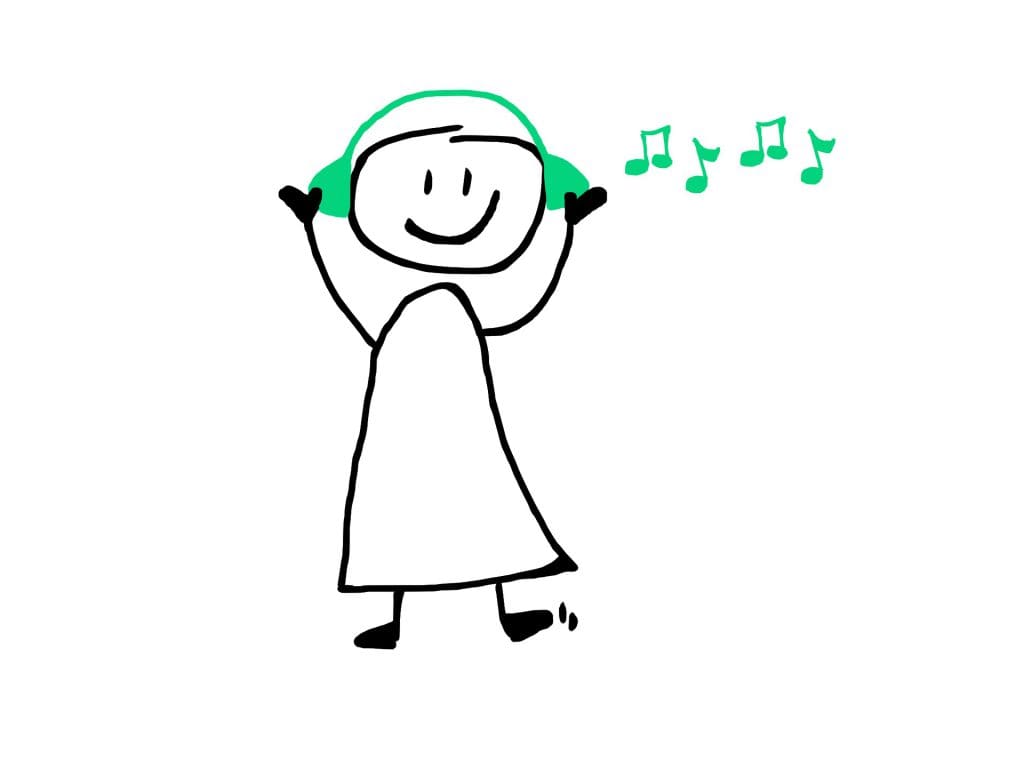
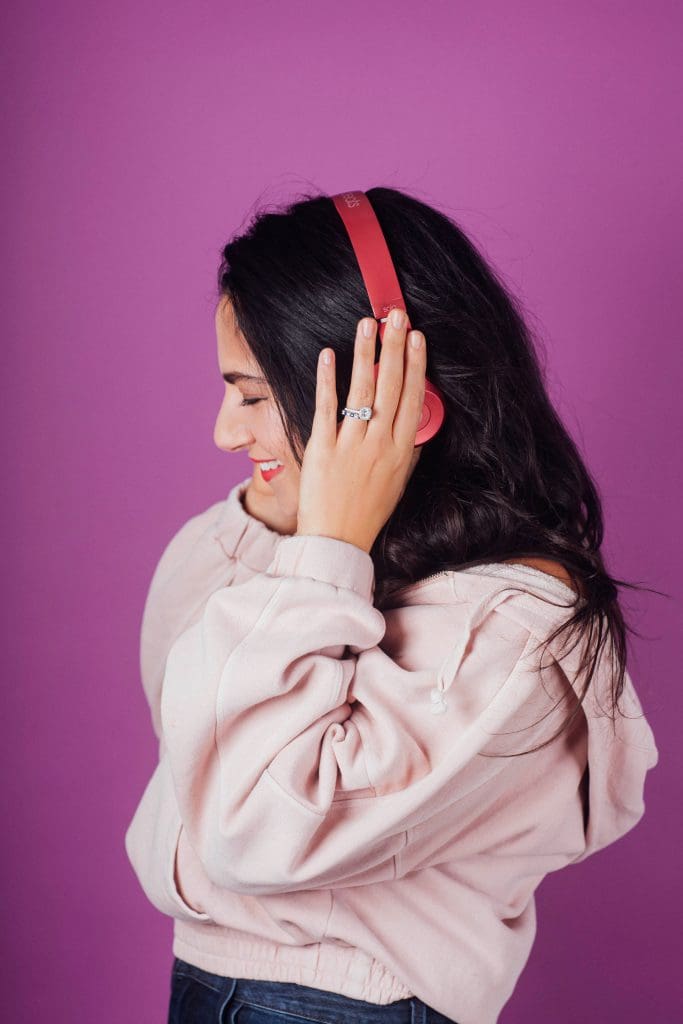



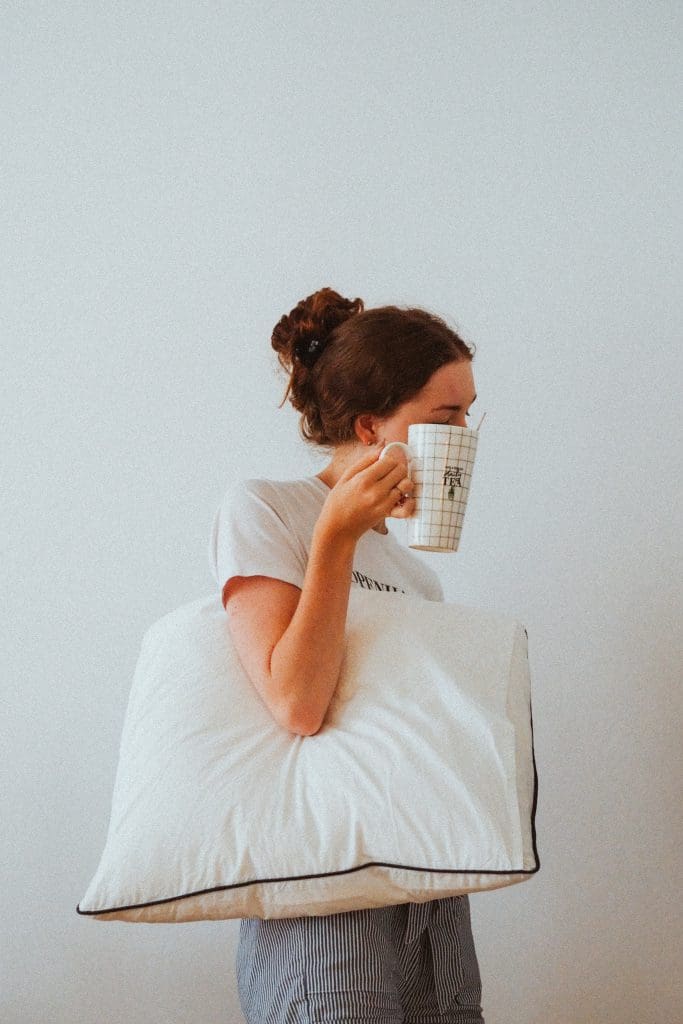
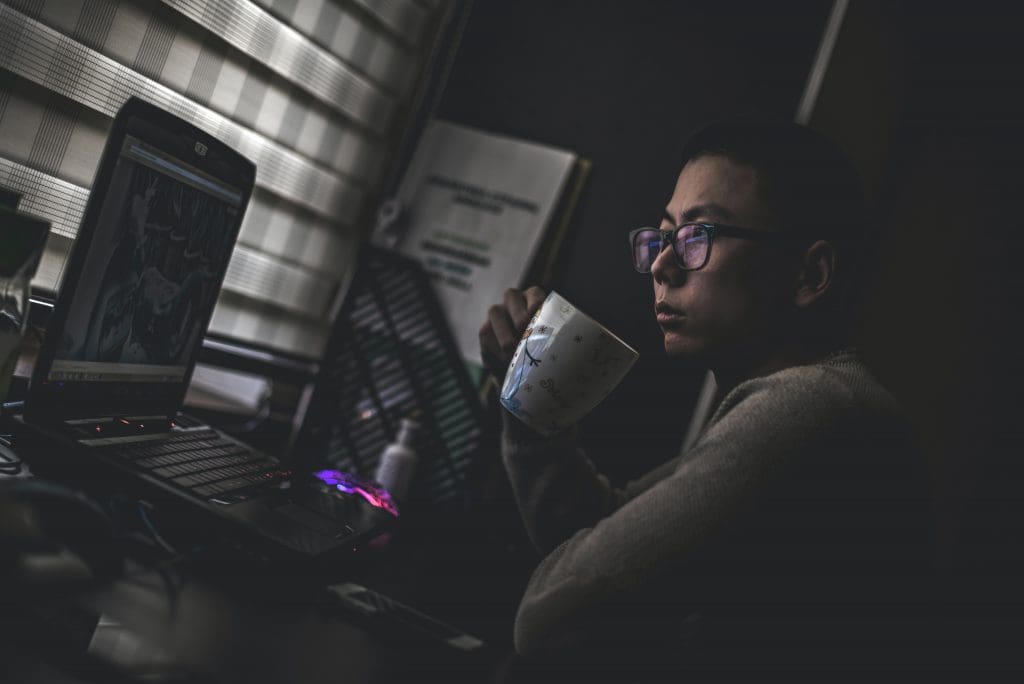



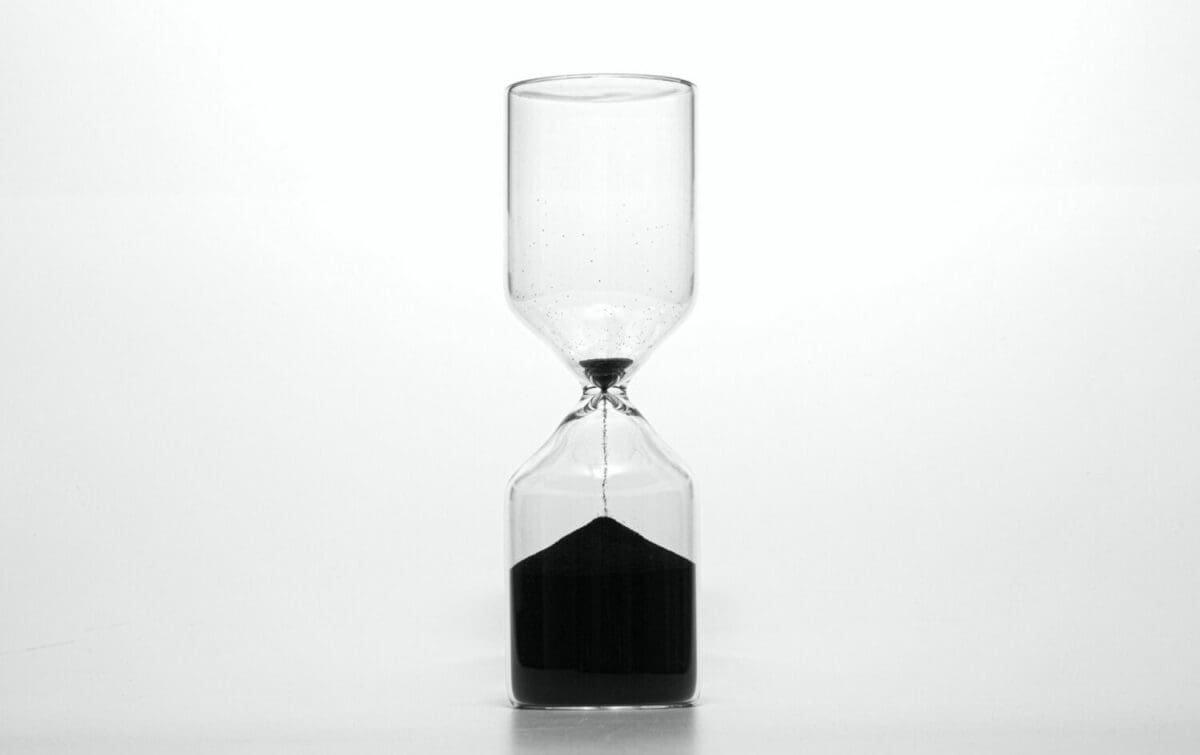
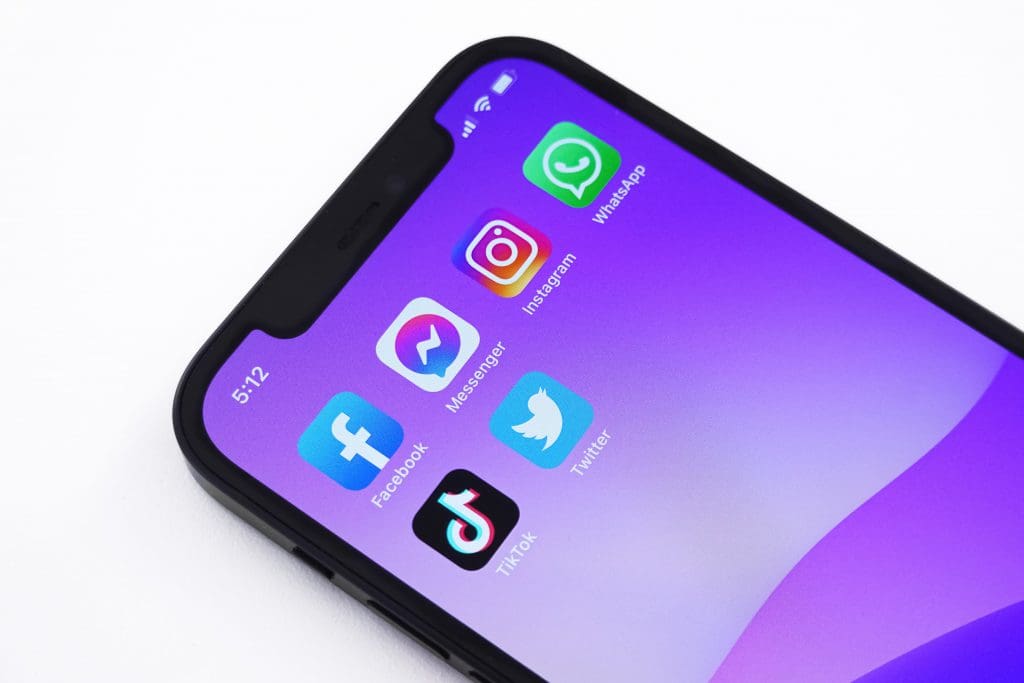
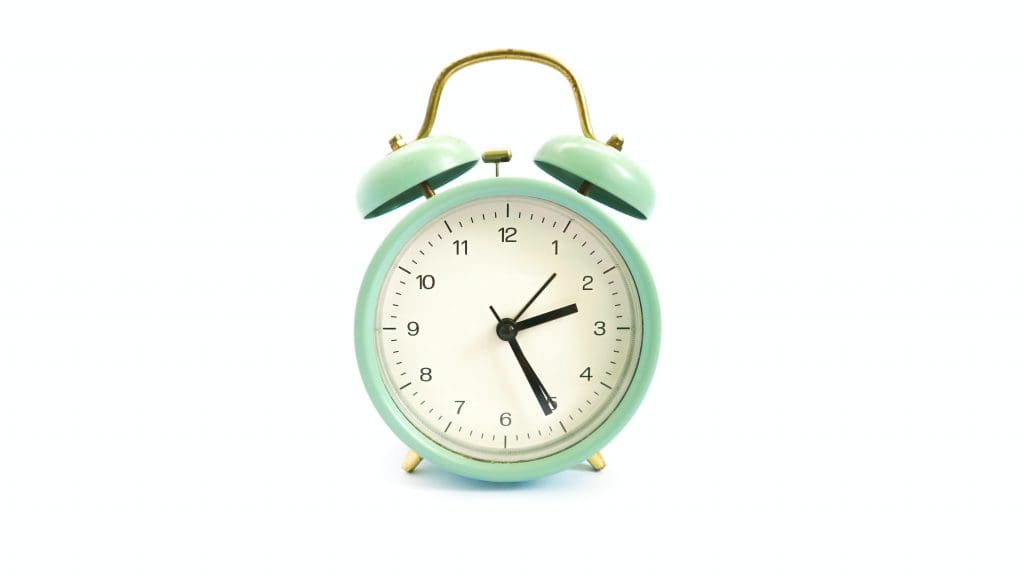
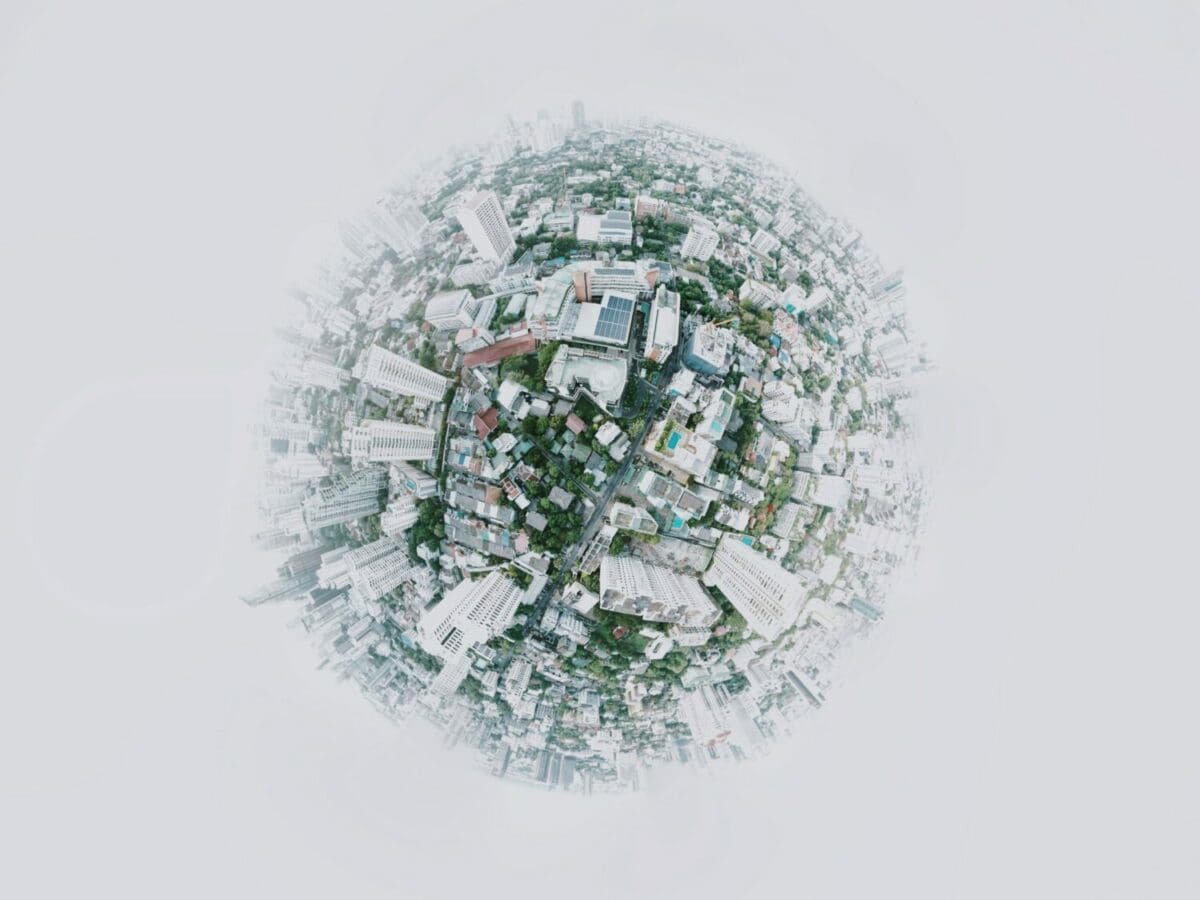

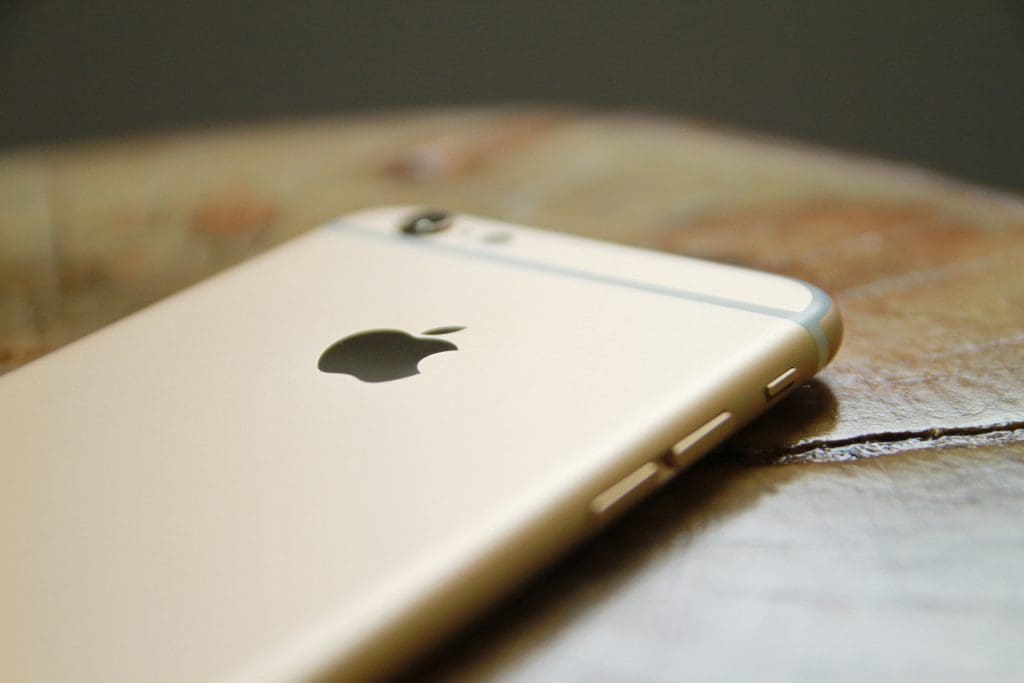
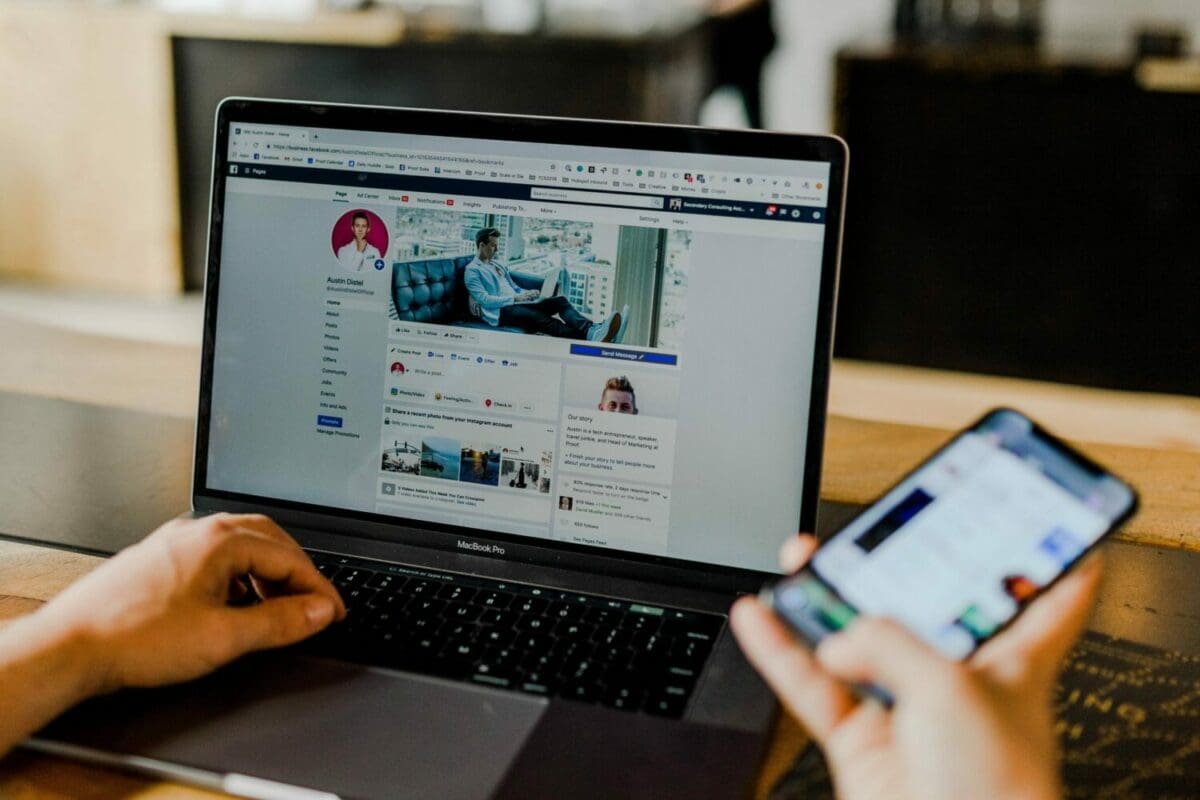
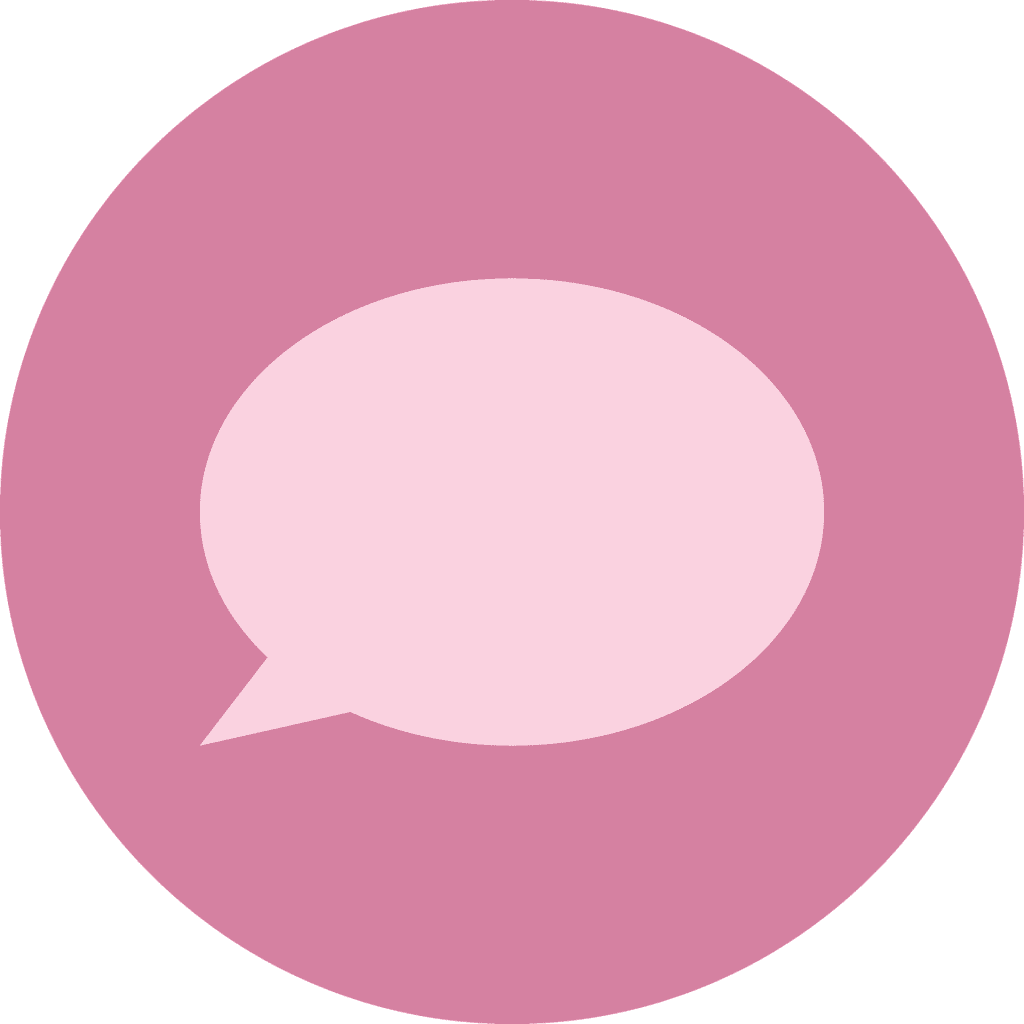



Recent Comments